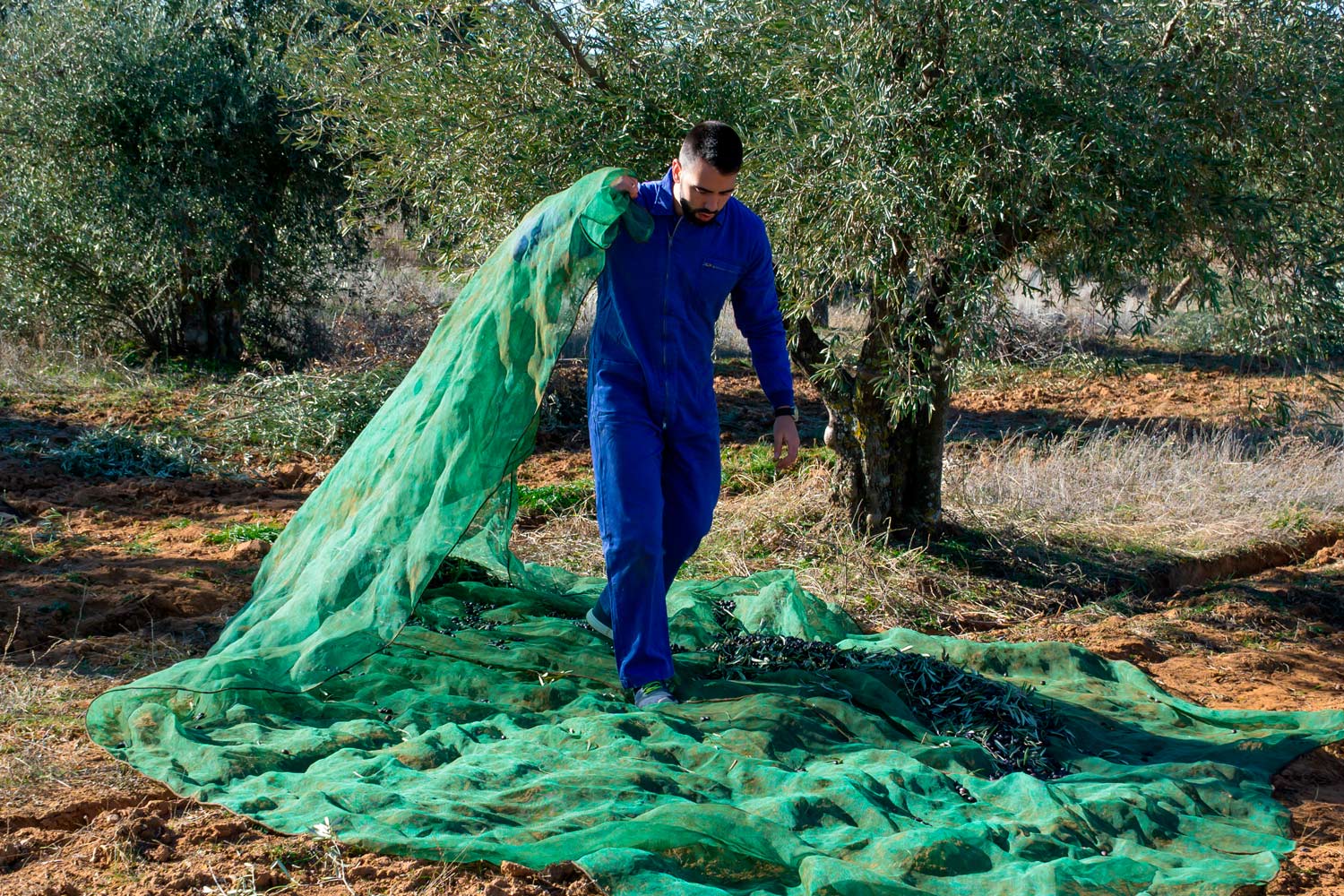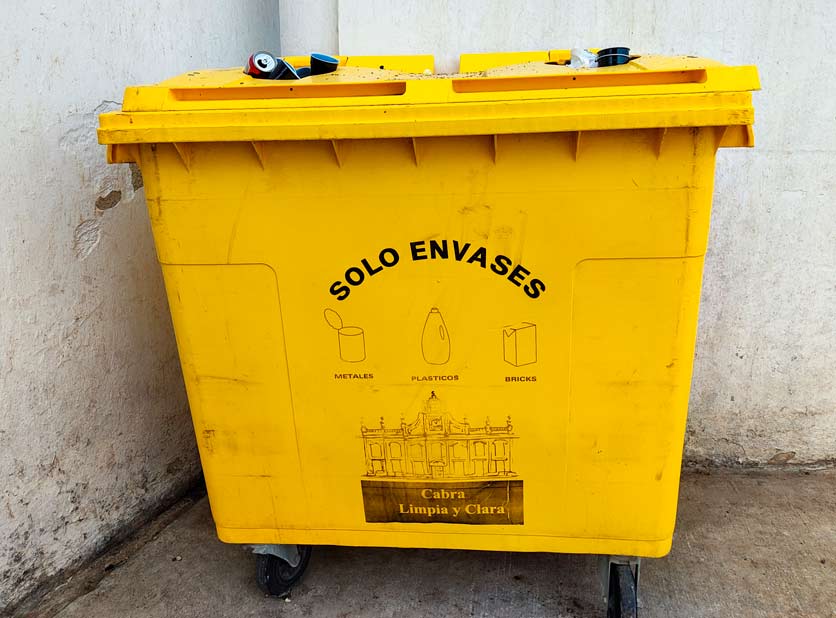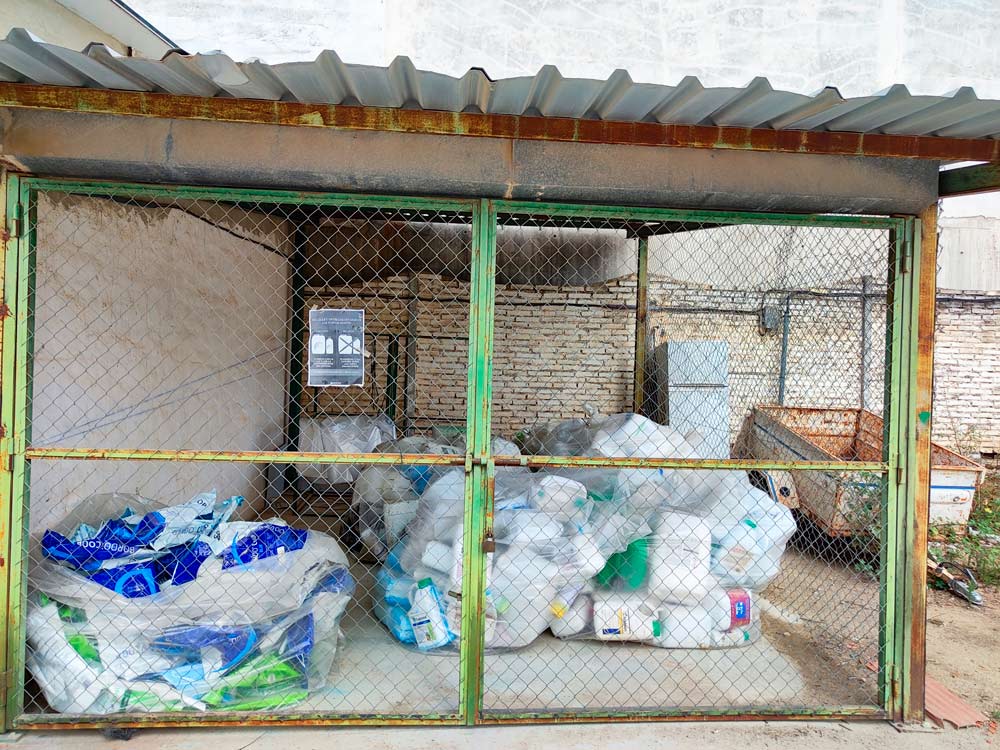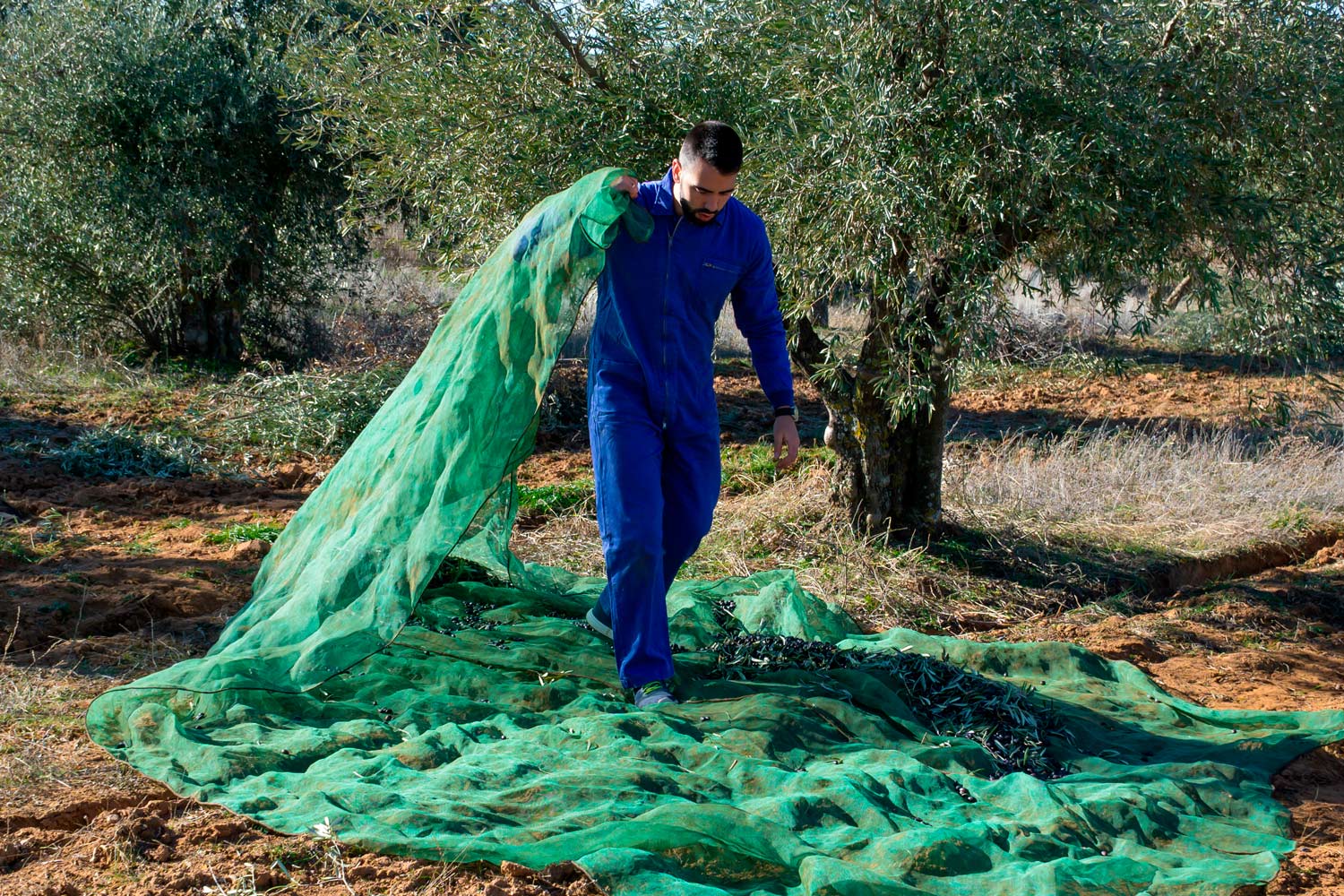News
The olive grove and the challenge of plastics: towards sustainable management
Every June 5 th, World Environment Day is celebrated, and that is why we would like to highlight the importance of the olive grove for the environment. This year, in 2023, World Environment Day focuses on the issue of plastics in the natural environment.
The problem of plastics is something visible, surely everyone has seen at some time in different media, large islands of plastics in the middle of the oceans. Around the 60s, human beings searched for a material that was durable, and they found it: plastic. This compound is obtained after subjecting oil and other materials such as cellulose, coal, natural gas to different processes.
The biggest problem with plastic is that once its useful life has ended it is not recycled and ends up anywhere, for example the ground. Once it is in this medium, or for example in water, what happens is that the bacteria in this environment cannot degrade this material. Rather, by friction the plastic breaks down into smaller fragments that are called microplastics. At present, these mini compounds are a serious problem, since traces of plastics have been found in breast milk, in water for human consumption, in rainwater and in animals. Therefore they are being incorporated into our food chain.
As you can see, what at first was a great solution has become a serious problem, since only 10% of plastic materials are recycled. Plastic pollution and its detrimental effects on health, the economy and the environment cannot be ignored. In fact, there are already many governments that have put measures in place to prevent pollutants from being thrown into the natural environment.
USES OF PLASTIC IN THE OLIVE GROVE
In the olive grove, plastic is used in various ways to facilitate and improve agricultural practices. Some of the most common uses are:
Meshes and tarpaulins: they will be used to cover the ground around the olive trees. These mulches help control weed growth, conserve soil moisture, and regulate temperatures. Although one of the biggest is during the olive harvest phase, so that the olives fall on this material and facilitate their collection.

Pipes and irrigation systems: plastic is used in the manufacture of pipes and irrigation systems to efficiently supply water to the olive trees. These systems allow a controlled and precise distribution of water, which helps to optimize irrigation and reduce the waste of this vital resource.
Bags and sheets for nurseries: in olive tree nurseries, plastic bags and sheets are used to protect and keep the seedlings in optimal growth conditions. These bags provide a controlled environment that favors root development and protects plants from external factors, such as excessive sunlight or low temperatures.
Containers and packaging: plastic is used in the manufacture of containers and packaging for olive oil, both in its final presentation and in transport and storage. Plastic containers offer a protective barrier that prevents contamination and prolongs the useful life of the product, ensuring its quality and freshness.
Trunk protectors: in young olive trees, plastic protectors are used around the trunk to prevent damage caused by friction or impact from machinery, animals or adverse weather conditions. These protectors protect the bark of the tree and promote healthy growth during the early stages of development.
Packaging: another of the uses of plastic is packaging, oil is usually sold in plastic containers for daily consumption in our homes.
Although plastic is widely used in the olive grove for its practical benefits, it is important to look for sustainable alternatives and reduce its negative impact on the environment, through its proper management, recycling and the search for a second life for this material.
RECYCLING OF PLASTICS FROM THE OLIVE GROVE
The recycling of plastics in the olive grove is a fundamental practice to reduce the negative impact of these materials and promote sustainable waste management. Here are some ideas on how to carry out plastic recycling in the context of the olive grove:
Waste separation: it is important to establish a waste separation system in the olive grove facilities, where the plastics used in the different agricultural activities are adequately classified and separated. Specific containers must be provided for the different types of plastics, such as bags, containers, tubes, tarpaulins, etc. Work that must be transferred to the agri-food industries that are in charge of transforming the olive into olive oil.

Selective collection: agreements must be established with companies or institutions in charge of the selective collection of waste, which include the periodic collection of recyclable plastics in the olive grove. This collaboration makes it possible to guarantee that the collected plastics are sent to suitable recycling plants for processing.
Shredding and compacting: before collecting it, it is convenient to shred and compact the plastics to reduce their volume and facilitate their transport and handling. This can be done with specialized machines that allow plastics to be converted into compact and easy-to-store bales.
Recycling in specialized plants: the plastics collected in the olive grove must be sent to specialized recycling plants, where their proper processing will take place. These plants will use different techniques, such as washing, crushing, melting and extrusion, to transform plastics into new products or recycled materials.
Promotion of the use of recycled plastics: it is important to promote the use of recycled plastics in the olive sector. Farmers and producers can choose to purchase products made from recycled plastics, such as irrigation bags, irrigation tubes or olive oil containers. This contributes to closing the life cycle of plastics and reducing the demand for new plastics.
Education and awareness: it is essential to make farmers, workers and consumers aware of the importance of recycling plastics in the olive grove. Awareness campaigns should be carried out that highlight the environmental benefits of recycling plastics and provide clear information on how to carry out recycling properly.
Waste bearing the Sigfito logo must be treated correctly, leaving it at an appropriate point. In our cooperative we have a Sigfito point where these containers must be deposited for management, under the supervision of authorized personnel. On the other hand, the rest of the plastics, if they do not have any type of residue, can be deposited in the yellow container if they are small. If it cannot be taken to this place, the waste must be transported to a clean point.

The recycling of plastics in the olive grove is a practice that contributes to the conservation of the environment, reduces the generation of waste and promotes the circular economy. By implementing these measures, a more sustainable management of plastics in the olive sector can be achieved. Although it is a task that must be carried out jointly with local and national organizations, which ensure proper management.



